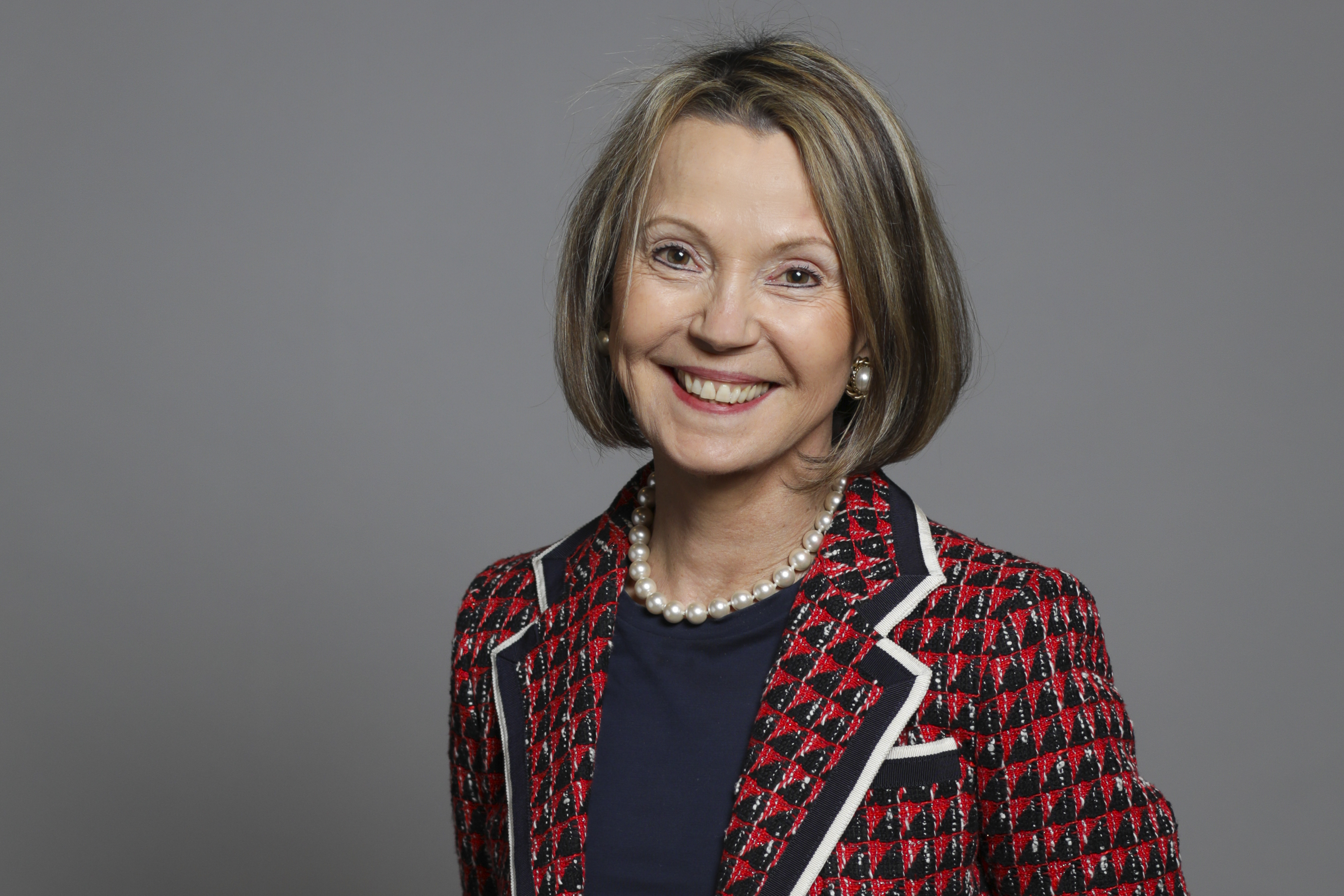
The next in our series of interviews with the prime minister’s trade envoys sees us speak to Baroness Meyer, trade envoy to Ukraine since 2020.
Opening doors
The first person to take the role, Meyer was appointed following a strategic, political and free trade partnership agreement between the UK and Ukraine. A separate agreement around the same time gave Ukraine access to UK loans on generous terms with a three-year grace period.
Meyer says that “for me, the timing was perfect”.
“I met President Zelenksyy, some of his staff and the Ukrainian ambassador to the UK. It was quite an interesting appointment.”
The trade envoy programme, she notes, was developed under the government led by David Cameron in 2012, aimed at creating a “high-powered network of representatives of the prime minister who will open doors and find opportunities for mutual trade with countries around the world”.
‘Ambassadors for trade’
Asked what she considers the most important thing she’s learned in the role so far, Meyer notes first that “we’re basically ambassadors for trade”.
“The most important thing as any ambassador is to meet people, and to do that efficiently. Building personal relationships is very important, and during Covid that was much more difficult.
“I think meeting people on a one-to-one basis and getting to know them – then you can actually promote your country and better understand the other country’s needs.”
The most important thing she has focused on, she says, is building those “really personal contacts”.
Interest in Ukraine
Speaking on her personal interest in Ukraine, the ongoing war and the country’s wartime trade, Meyer notes her personal background. Her mother was born in St Petersburg, Russia in 1917, the day before the Russian Revolution.
“Her family had to flee because of the Bolsheviks, while my grandfather was fighting during the First World War. After finding refuge in Manchuria, they had to flee again. My mother’s family has basically had quite a difficult time.
“Since Putin has come to power, it has been so awful to see that we’re going back in history. The way he has closed down his country, treated his people and invaded Ukraine – and before that Crimea – made me very passionate about my role in developing trade, as well as in getting our two countries, the UK and Ukraine, together in our fight against an autocratic regime.”
The war with Russia has meant that Meyer’s role “is quite different to what it was intended to be”. On the industries and sectors that are strongest in Ukraine, it’s also a challenge to give a full picture of the country’s economy as a result of the conflict.
Rebuilding
One area where trade cooperation has continued to take place despite the war is fish, Meyer explains. Though Ukraine has a sea, its fishing industry is limited, and to that end “we reintroduced smoked salmon to Ukraine”. She also describes how she “tried to introduce British wines” to the country’s market.
“But now, the only interest Ukraine has – or that we have to send to Ukraine – is anything to do with defence. So the role has changed quite a lot, and this is why we need to start planning how we can help Ukraine rebuild when this war finally ends.”
The UK, Meyer says, has been “very active” in helping to plan that process, establishing a UK-Ukraine task force in 2022 to identify the immediate needs of the project and encourage UK businesses to participate.
UK Export Finance has provided a £26.3m loan to Ukraine to help them rebuild bridges, for example. A British firm is in charge of the redesign of one of Kyiv’s major bridges, while a UK-Ukraine tech bridge programme is built to boost Ukraine’s innovative and technological industries, providing training programmes and connecting Ukraine tech startups with UK venture capital. There is also collaboration on agricultural technology and demining.
“The role at the moment is different to being a trade envoy to other countries, but it’s very interesting and exciting to be there and to be part of those plans for recovery.
“How long will the war go on? Nobody knows. But at least we’re planning ahead to help Ukraine recover its country – and it’ll be a big job. Bridges, ports, infrastructure, housing, you name it. There’ll be a lot of work.”
Overcoming the hurdles
Meyer’s final word on the role of the trade envoy programme is that it’s “there to support”.
“It’s the Department of Business and Trade (DBT) that are in charge of everything, and I’m there as their ambassador, as it were. These are unpaid roles, so we do it for the love of our country and to help, in my case, both the UK and Ukraine.”
Her message to traders on Ukraine is to make use of the government’s guide to doing business in the country for information to “overcome the various hurdles”. Those hurdles require consideration, she says:
“People still talk about corruption, while there’s also a need for insurance, particularly war insurance.”
She adds that there is a “moral argument” for doing business there, however, and draws attention to a recent agreement with France on trading with Ukraine in a more coordinated, efficient way. There is plenty for British businesses to look into, particularly in tech.
Meyer concluded positively, noting the opportunities for British businesses to trade with Ukraine and saying that she hoped Ukraine would be a country with a “fantastic future”.



